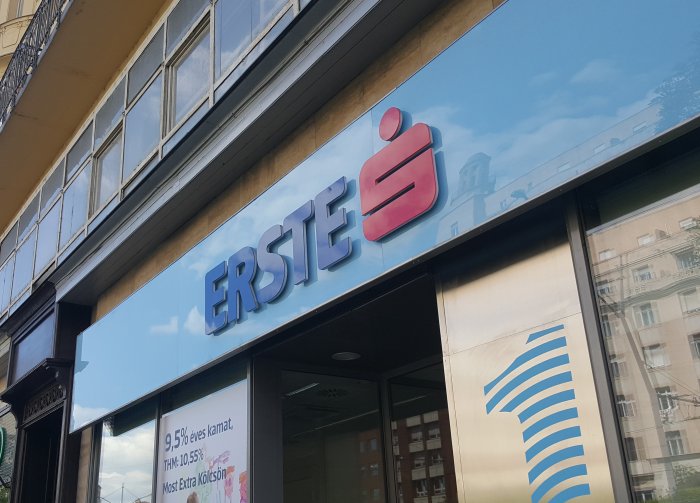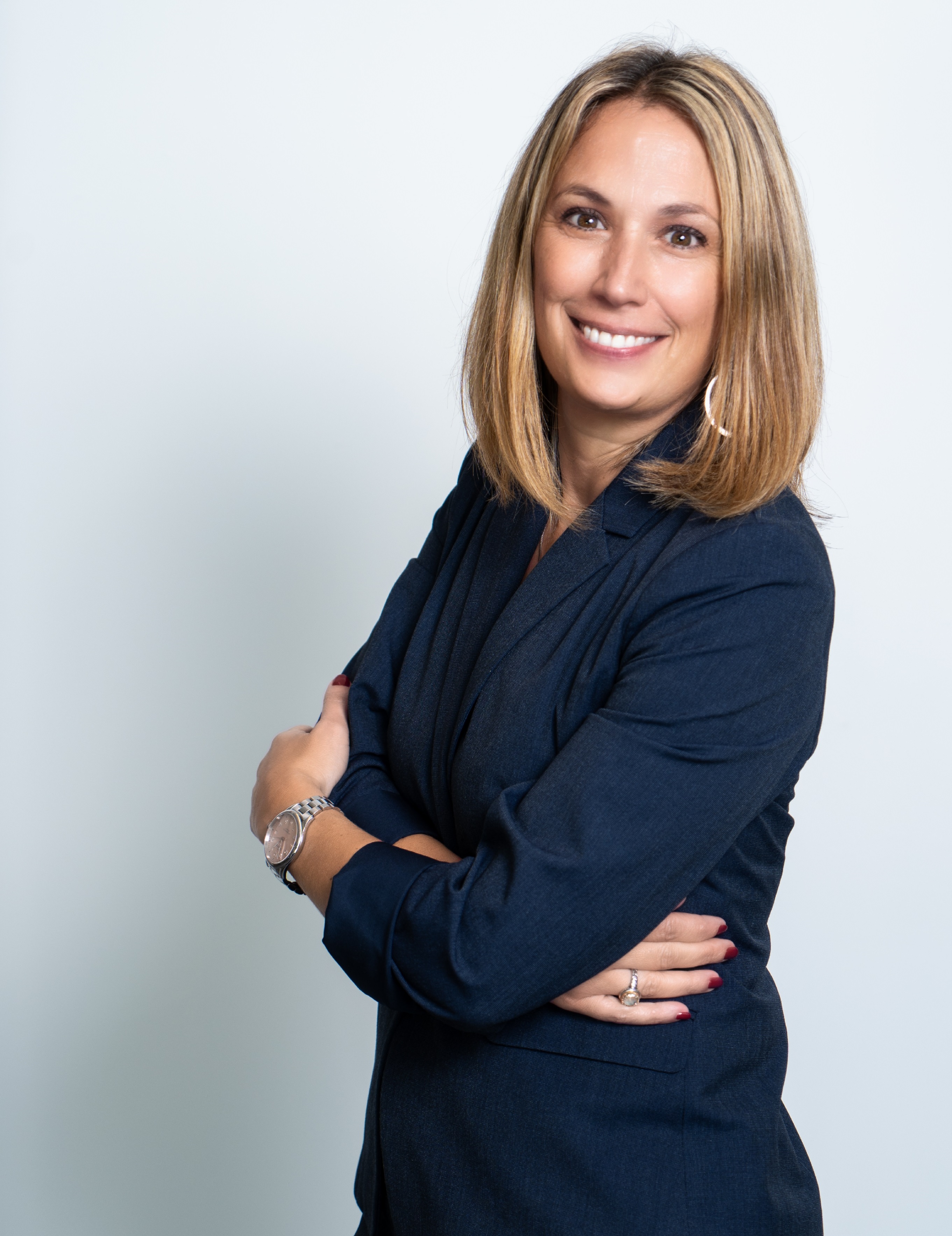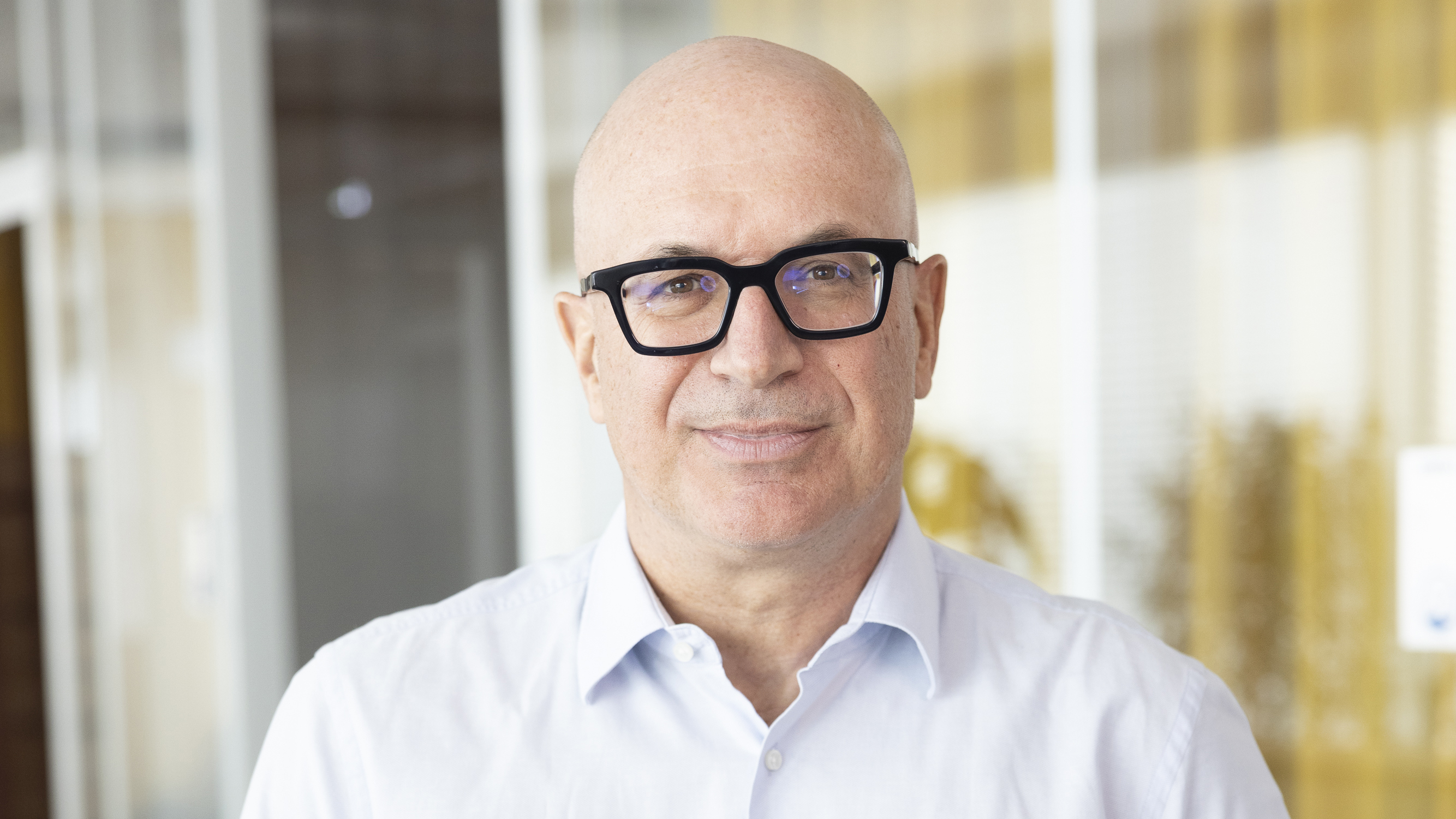MBH Bank Going Ahead With Ambitious Plans After Merger
-CUT.jpg)
Péter Balogh
The Budapest Business Journal talks with Péter Balogh, managing director of MBH Bank’s large corporate lending and special finance, about the expansion plans, the rebranding process, and ESG commitments of Hungary’s second-largest lender, as well as the challenges posed by the high-interest rate economic environment.
BBJ: When will the full rebranding be complete, with the last branches getting the MBH Bank makeover?
Péter Balogh: We are in the aftermath of a successful triple bank merger on a scale and speed unprecedented in Europe. In April, the last step of the merger announced in spring 2021 was completed, creating MBH Bank, which has been operating under the new name and a unified brand since. Following the merger, we launched an all-out rebranding exercise. Priority was given to the interfaces customers use most frequently: the website, digital channels and branches. Our branch network will be rebranded in several phases, planned for the end of this year. In the longer term, we plan to develop a branch network that provides a consistent level of service and is primarily advisory-based; the internal restructuring of the branches already reflects this. Newly issued bank cards already have the new branding, but no one will have to change their existing card because of the name change, as they can be used until expiration.
It is a long process to fully integrate three companies, with the merger being an important milestone but far from the last step. It has paved the way for unifying our operations, services, product range and branch network, but this will not be fully achieved in a few months.
BBJ: Do you plan to step beyond the borders of Hungary?
PB: We have set strategic goals to help us become one of Hungary’s most significant banks in the long term and enter international markets, including the countries of the CEE region. The know-how and experience accumulated during the merger process will also be helpful in acquisitions abroad; we have already examined four or five targets and continue to look for suitable ones that fit the bank’s overall strategy. In addition to our ambition to be Hungary’s market-leading lender, we also want to show our bank’s “greatness” in the international market, so we must perform well in both directions.
BBJ: How do you help staff cope with the change in mindset that goes from being in a small operation to what some have called a megabank?
PB: We have more than 9,500 colleagues with different professional experiences, skills and backgrounds. We aim to build a collaborative, cohesive community around our new corporate values. We are transforming our organization using state-of-the-art HR programs, processes and tools. With our HR master plan, we have been on track for two years and have won several awards. The transformation is a change of magnitude that we need to address in the educational aspect. We launched the Change Academy, which provides various training, talks and online programs to help our employees and managers manage change and stress. In addition, one of our key commitments is to transfer knowledge within the human resources team to develop the HR field, taking into account the results of the latest international models.
BBJ: What percentage of your overall business do you target as being green, and how will you measure this?
PB: Last summer, MBH Bank set a strategic goal to create a range of infrastructure, products and services for retail and corporate customers to help them achieve their sustainability and climate goals. As a driver and financier of the economy, the banking sector plays a crucial role in achieving sustainability goals, and we want to be at the forefront of this. We aim to develop a financial culture, promote volunteering and community values, and develop transparent internal and external operations that support sustainability. We need to integrate sustainability-related rules and policies into corporate governance processes. We also consider it essential to contribute to community development and the well-being of stakeholders in the natural and social environment within our economic means.
BBJ: How do you see this year for corporate lending, especially in light of the high-interest rates in the forint market and the fast depletion of government-subsidized lending programs?
PB: Business demand for credit rebounded strongly after a slight decline in Q3 2022. This is because, in addition to the growth of the equity loan portfolio, the former MKB Bank participated in 2022 in various subsidized and refinanced loan programs and guarantee schemes included in the modified economic stimulus packages, which have generated significant demand among customers since their introduction and substantial changes in the range of products have occurred in this period. In terms of numbers, MBH Bank’s total assets exceeded HUF 10.445 billion in Q1, deposits exceeded HUF 6.4 tln, and gross loans were close to HUF 5 tln. From the point of view that, under current conditions, banks can invest their available lending resources in central bank assets at up to 16% risk-free, the question is indeed legitimate. Still, banks must look beyond this horizon and adjust their product and service mix and activities to retain customers.
BBJ: To what extent do you view companies’ activities as riskier in the current situation? How does this affect bank risk-taking?
PB: While the high-interest rate environment may appear positive for bank profitability, lending activity is significantly reduced by current interest rates, which has the opposite effect. Moreover, for the real economy, excessively high-interest rates hold back growth, raise the cost of financing for companies and the state, and also hold back the housing market and the construction industry through the mortgage market. It would pose a substantial risk to the real economy if interest rates remained at this level in the longer term.
On the client side, we do not expect a material deterioration in risk costs compared to 2022, as credit institutions already partly prepared for expected credit losses and write-offs last year. The risk profile of most of our corporate clients has remained the same. Risk conditionality has generally stayed the same, but there are occasional more stringent conditions than in the past. We monitor the quality of the portfolio in constant consultation with clients. We currently have an excellent portfolio composition, which, together with the liquidity and capital reserves our size gives us, allows us to offer stable support to our corporate clients.
This article was first published in the Budapest Business Journal print issue of July 28, 2023.
SUPPORT THE BUDAPEST BUSINESS JOURNAL
Producing journalism that is worthy of the name is a costly business. For 27 years, the publishers, editors and reporters of the Budapest Business Journal have striven to bring you business news that works, information that you can trust, that is factual, accurate and presented without fear or favor.
Newspaper organizations across the globe have struggled to find a business model that allows them to continue to excel, without compromising their ability to perform. Most recently, some have experimented with the idea of involving their most important stakeholders, their readers.
We would like to offer that same opportunity to our readers. We would like to invite you to help us deliver the quality business journalism you require. Hit our Support the BBJ button and you can choose the how much and how often you send us your contributions.










